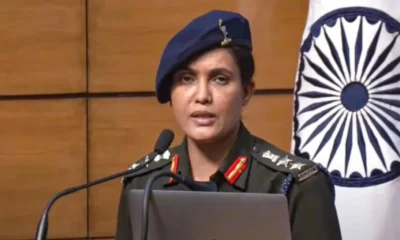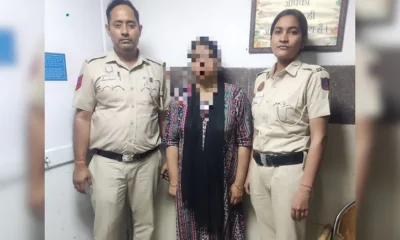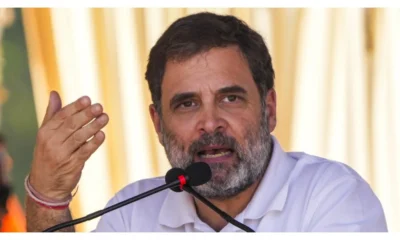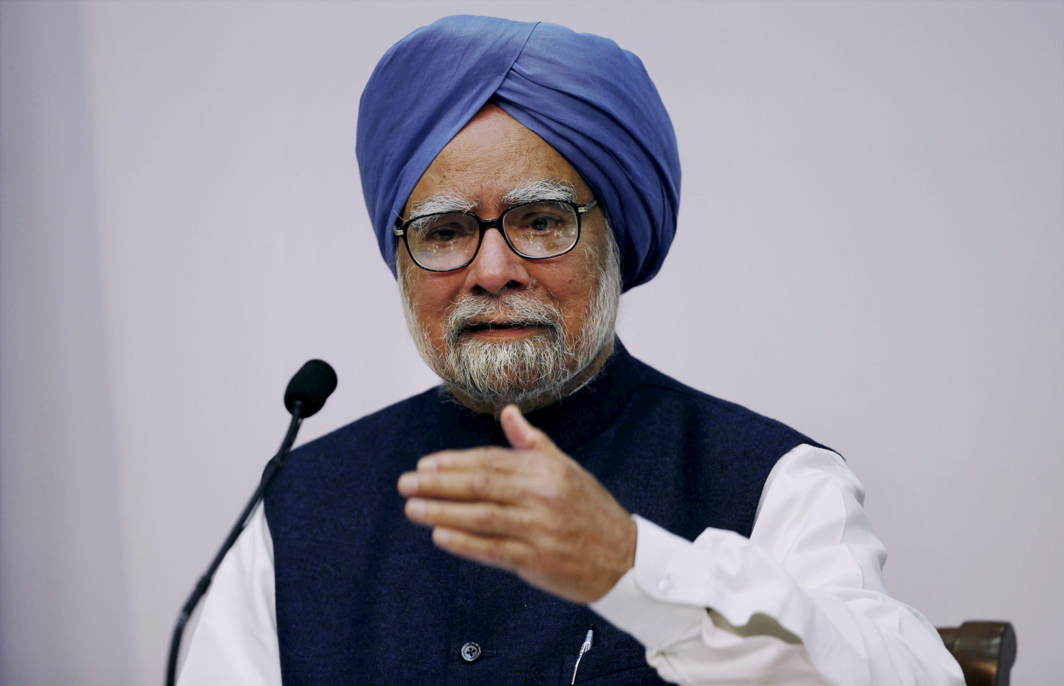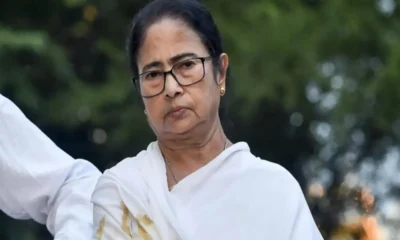[vc_row][vc_column][vc_column_text]The High Court felt “it would be a travesty of justice if they (the culprits) are not given a chance to redeem themselves”
Legal versions of what constitutes rape can vary wildly within the judicial system of India. Especially, the absence of “gut wrenching violence that normally precede or accompany such incidents” is good enough for perpetrators of the crime to get away with a minor rap on the wrists, while bringing to the victim of rape more shame, supposedly for their “promiscuous attitude and voyeuristic mind”.
These quotes aren’t social or editorial inputs. Those were the actual words used by a division bench of the Punjab and Haryana High Court, comprising Justices Mahesh Grover and Raj Shekhar Attri, who in a recent verdict set three rapists, whose guilt had been proven beyond doubt, free to leave on bail.
That was not where the division bench stopped. It observed in its judgement that the heinous gang-rape culprits – three former law students – actually deserved a second chance. It observed: “It would be a travesty of justice if they are not given a chance to redeem themselves.”
That second chance, unfortunately, was not available to the victims, reports The Free Press Journal, quoting NDTV.
After hearing all arguments, judges Grover and Attri came to the strange conclusion that the victim’s account was questionable because of her supposed “promiscuous attitude and voyeuristic mind”. The judges suspended the sentence of the three youngsters and ordered them to pay Rs 10 lakh to the woman as compensation.
In 2015, the woman, a management student of the OP Jindal Global University in Sonepat, brought charges of rape against the three law students. She had complained that they had raped her several times for more than a year, while one of them had been blackmailing her using her nude photos. They had, thus, been able to force her to have sex with him and his two friends had joined in, resulting in a textbook case of gang-rape.
The sensible trial court had gone through the details of the case and found all three guilty. The verdict of the trial court judge was 20 years in prison on account of gang-rape, as well as for other criminal offences. The third man was sentenced to seven years in prison, a standard for rape.
That was when the three moved the high court, demanding a suspension of their sentences and the high court, strangely, agreed that a balance could well be struck between retribution and the sentences. The first logic used was that these were young men, with a future. If there was any comment from the bench about the future of the young woman, the victim of this heinous crime, it has not been made available to the general public.
That was when the court, shockingly commented: “It would be a travesty of justice if they (the men) are not given a chance to redeem themselves.”
Such a pronouncement deserved an explanation and that too was shocking. The outstanding phrases within the judgement read as follows: “…the narrative does not throw up gut wrenching violence that normally precede or accompany such incidents”. This, obviously, shows an existing predisposition of the judges towards a scenario of rape.
The other set of comments, through which the unfortunate woman has become a victim twice over, reads as follows: “… the entire crass sequence actually is reflective of a degenerative mind set of the youth breeding denigrating relationships mired in drugs, alcohol, casual sexual escapades and a promiscuous and voyeuristic world”.
The thin silver lining was in the court’s acceptance that the victim was threatened into submission and blackmail. Yet, while realising the extent and disgusting nature of the crime, the bench said that, after carefully examining her statement, it felt that all that represented “alternate conclusion of misadventure stemming from a promiscuous attitude and voyeuristic mind”. The construction of this part of the sentence is convoluted, but brings little joy to the victim of a gang-rape.
Thus came the bail order, in which the court observed, referring to the young generation that it is: “…unable to comprehend the worth of a relationship based on respect and understanding”.
So what will the rapists do as free, unencumbered young men? The court’s condition was that the three must undergo counselling at the All India Institute of Medical Sciences (AIIMS) for “correcting their behavioural aberrations” and to free them of their “voyeuristic tendencies”.
Of course, the court admits that it was the duty of the parents of the rapists to make them see better things and act better. After all, they are young, with impressionable and immature minds, one guesses. Hence the court asked the Director AIIMS to submit a report. The bench also added that it will be the “duty of the parents” of the convicts to apprise the court on the progress. One can feel sorry for the parents, surely.
-India Legal Bureau
[/vc_column_text][/vc_column][/vc_row]
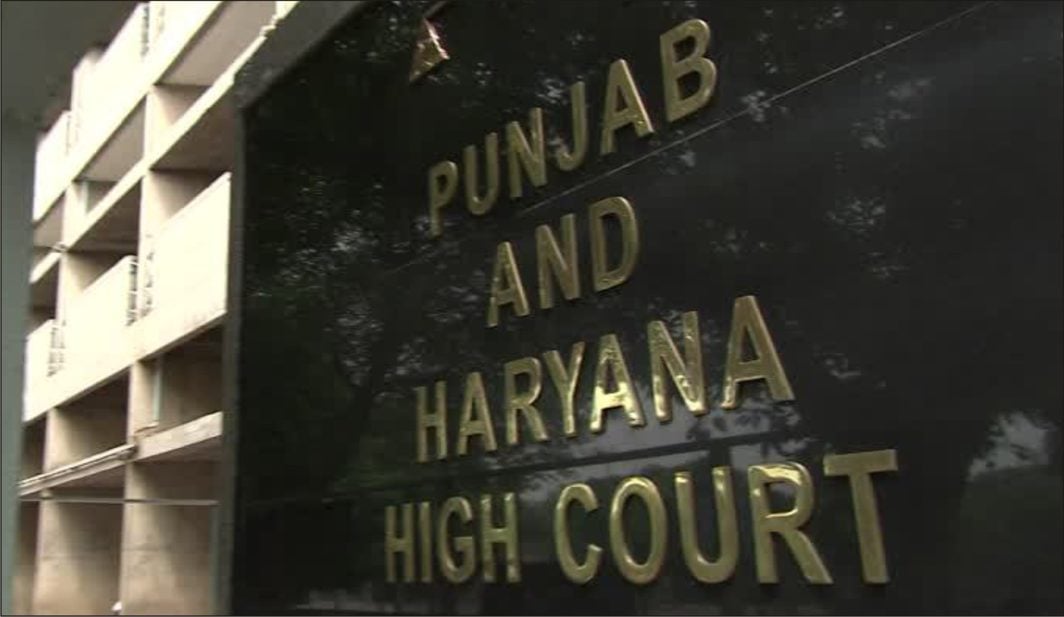

 Latest world news14 hours ago
Latest world news14 hours ago
 Latest world news14 hours ago
Latest world news14 hours ago
 Latest world news13 hours ago
Latest world news13 hours ago
 India News14 hours ago
India News14 hours ago
 India News5 hours ago
India News5 hours ago
 Latest world news4 hours ago
Latest world news4 hours ago
